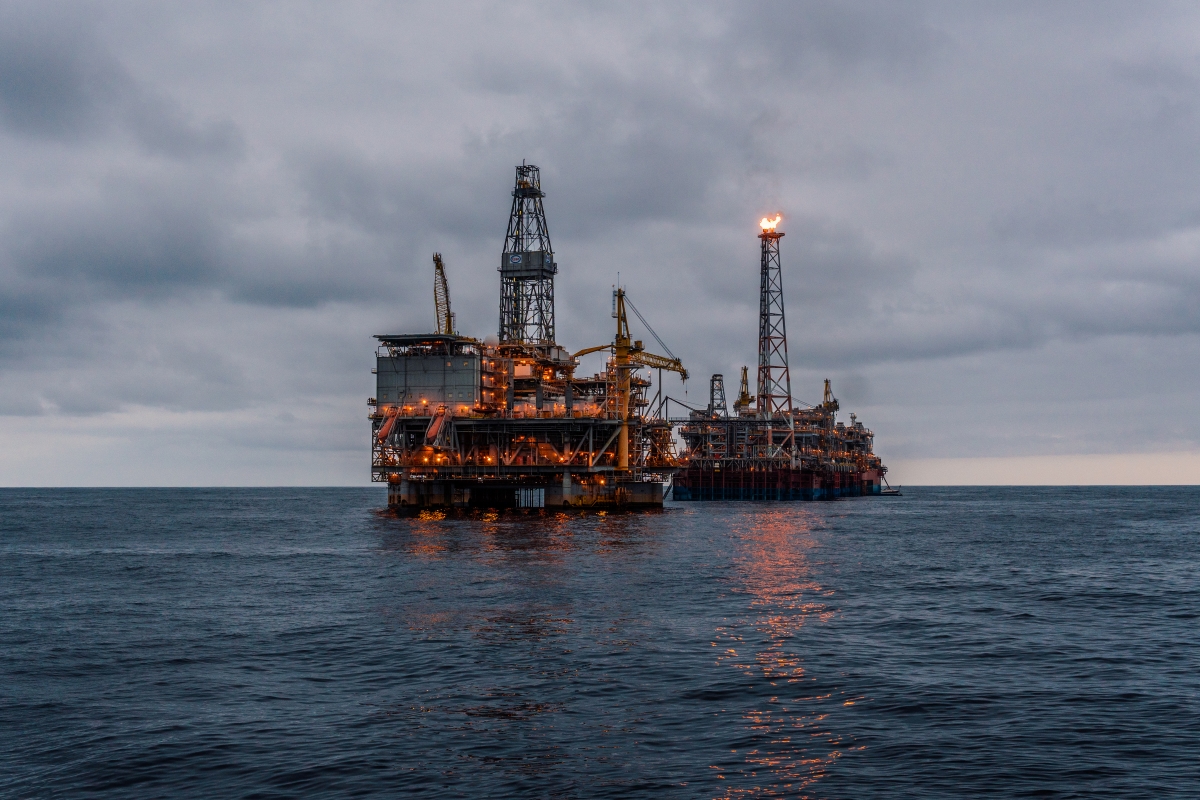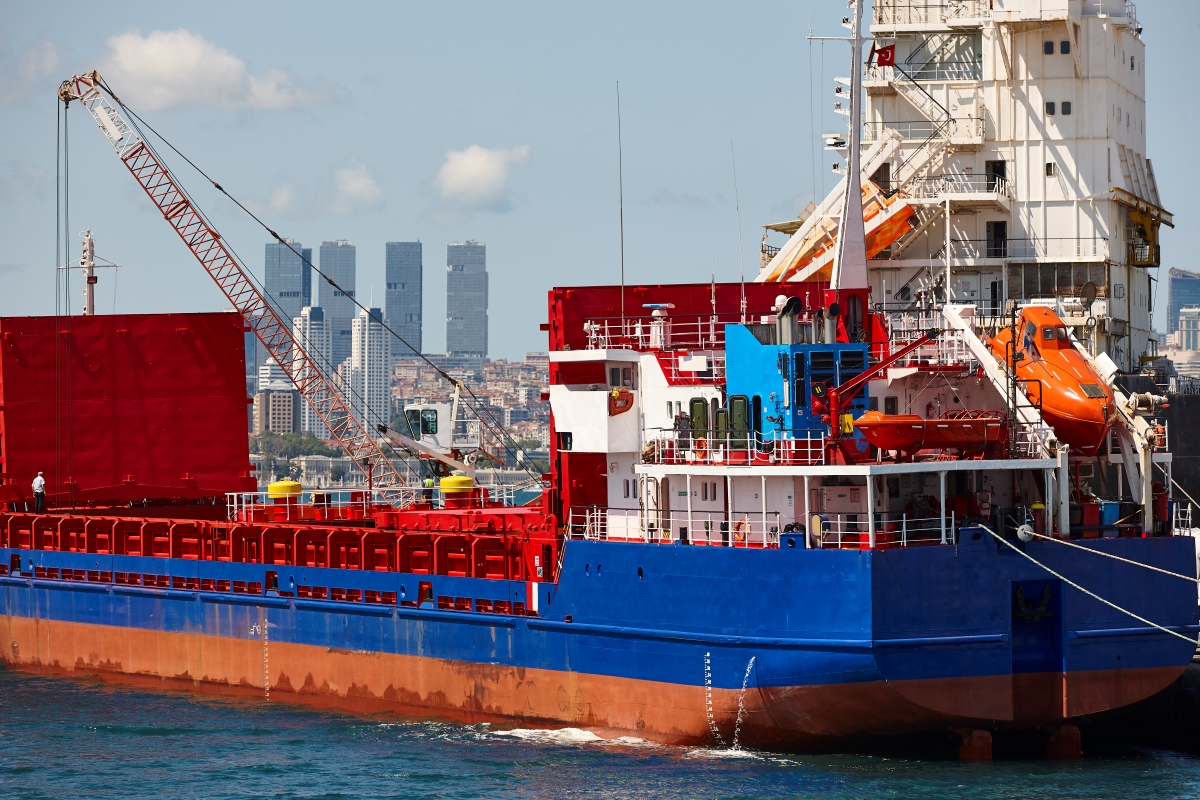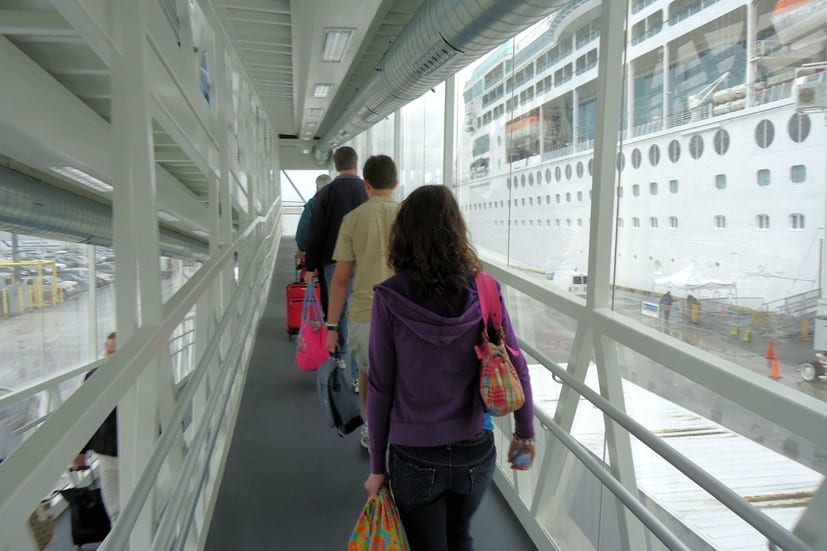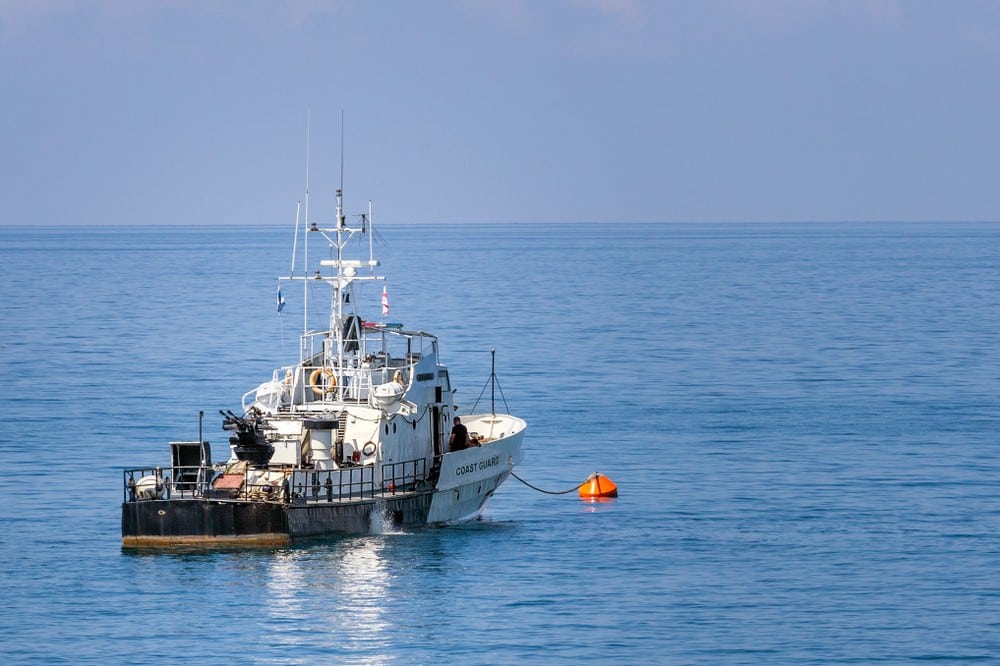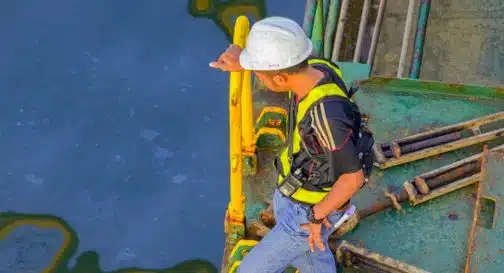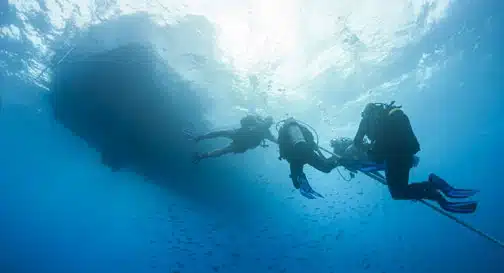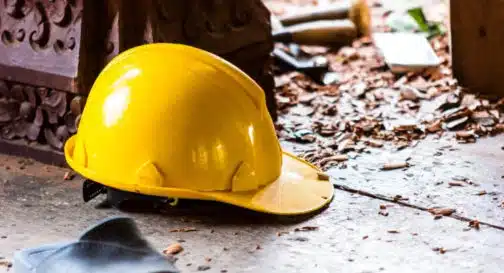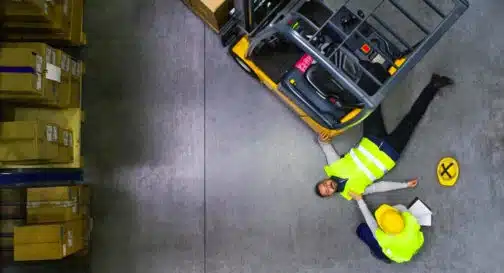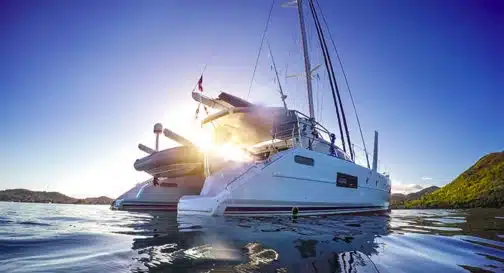Offshore oil drilling is one of the most dangerous professions for workers in the United States. If you have been injured in an accident, the offshore drilling injury attorneys at The Law Offices of Preston Easley APC can help you pursue compensation.
Although the use of artificial intelligence can improve worker safety, excessive reliance on it can also place employees at risk. There is a certain amount of human input that is necessary in safety processes and procedures to keep workers safe. Companies must strike a balance between enhancing safety and not over-relying on it.
If you have been injured in an offshore drilling accident, schedule a free initial consultation with the experienced California maritime injury attorneys at the Law Offices of Preston Easley, APC. There are numerous factual variables involved in each case, and we will get down to the bottom of all of them.
AI Is Being Used Increasingly in the Offshore Drilling Industry
Oil drilling companies are turning to new mechanisms to enhance their own profits and potentially improve worker safety. Like every other industry, offshore oil drillers are turning to artificial intelligence to make their own operations. While the use of this technology can lead to some safety improvements, it can also put employees at risk. AI can lead to shortcuts based on an algorithm that could circumvent or shortcut manual safety processes that may have previously worked.
To be clear, AI allows for numerous efficiencies and improvements in safety. Many tasks that require human intervention that could lead to serious errors have now been automated. In a sense, AI has had a transformational effect on the offshore rig industry. Drillers certainly recognize this, and they have been turning to AI to enhance their own profits. However, what on the surface may appear to be improvements could also come with their own risks.
Companies Should Not Over-Rely on AI
One of the major issues is that safety in the oil and gas industry can suffer from excessive automation. When complex oil drilling rigs rely on algorithms, a single failure can have catastrophic impacts. What may have seemed to be a fail-safe system can fail in a catastrophic way when there are errors in programming, or the technology does not work as it should. In systems that are as complex as the ones used in the oil and gas industry, one failure can have a cascading effect, causing multiple downstream impacts.
Since AI relies on technology, it also poses cybersecurity risks. Malign actors may hack into or compromise a system with nefarious intentions. They may be able to access the technology that the drillers are using, leading to a sudden and serious failure. Oil drillers may be behind on the necessary cybersecurity investments that they need to protect their technology.
There is the possibility that oil drillers may rely too much on AI. For example, many oil drillers are using this technology for predictive maintenance. They may take out some of the human element that could detect problems before they arise. However, as companies realize the cost savings from this type of automation, they may “outsource” maintenance detection to technology, and it is not always fail-proof.
Workers also need to be expertly trained in using technology that involves AI. When there is a new technology, it takes some time for employees to develop the expertise necessary to safely operate it. Oil drillers may cut corners in providing training to their employees on how to use the technology. There may be a mismatch and skills between the current employees and what is expected of them under the new circumstances.
Although oil drillers have every reason and incentive to turn to AI, they need to be cautious in its adoption. They need to retain the human element involved in many of their operations and balance technology with the expertise of their employees to maximize safety. Failure of the AI technology would not allow an oil driller to escape liability if employees are injured in an accident. How you see compensation as an injured oil rig worker depends on where you are working. If you qualify as a “seaman” under the definition in the Jones act, you can file a personal injury lawsuit against your employer. If you are working on a fixed oil rig, you would need to file a claim under the Outer Continental Shelf Lands Act.
Contact a California Offshore Oil and Gas Accident Law Firm Today
If you have been injured when working on an offshore drilling rig, schedule a free initial consultation with a California offshore oil and gas accident lawyer at the Law Offices of Preston Easley, APC. You can speak with an attorney by messaging us through our website or by calling us today at (310) 773-5207.

Preston Easley is a graduate of the United States Naval Academy in Annapolis, MD. He served five years of active duty as a Naval officer — three years as a deck officer on a fast frigate and two years as a patrol boat skipper. Mr. Easley also served aboard a tank landing ship in the reserves. Learn more here.

